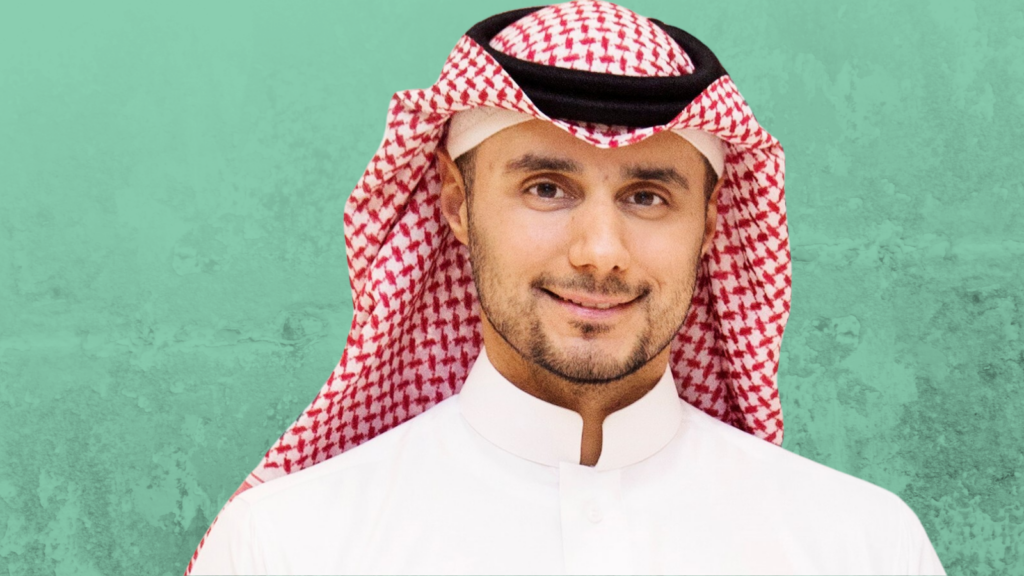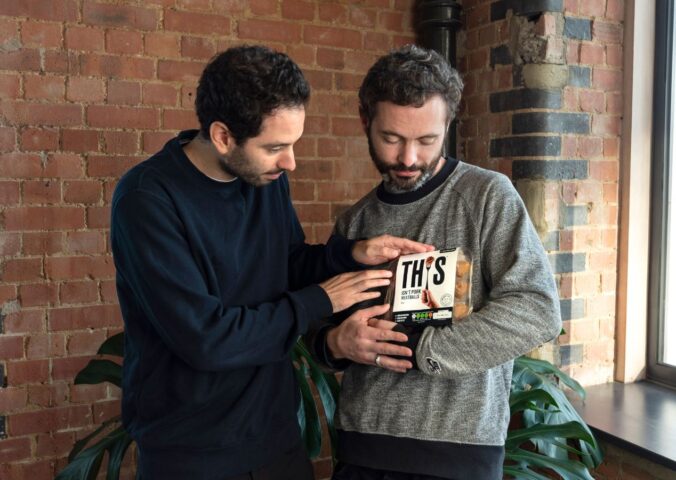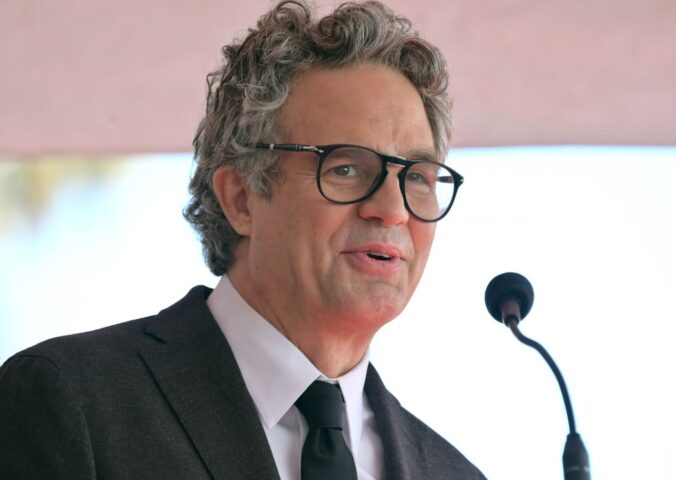Last week Prince Khaled bin Alwaleed told Fortune about his “impact investment” strategy and encouraged other investors to join a fund or crowd investing platform to help small startups.
“Mission-driven ventures in the food tech and green tech spaces don’t suffer from a shortage of vision or potential to scale. They lack the funding to scale to a point where their solutions become more affordable for consumers,” Prince Khaled commented.
Prince Khaled says we can make a difference with our food choices as well as our investments because what we eat is affecting the state of the planet.
For example, factory farming contributes massively to climate change, and industrial animal agriculture is responsible for 14.5 percent of greenhouse gas emissions.
Prince Khaled: plant-based investing pays off
Prince Khaled is backing food tech startups because he knows not everyone is satisfied with a whole foods plant-based diet.
He wants to see more meat alternatives that are better for the planet.
Prince Khaled said, “There are now impact-driven businesses that will help you eat what you like, without all the nasty environmental repercussions.”
His investments in plant-based food alternatives include Rebellyous Foods chicken nuggets and Moku’s mushroom jerky to replace the beef snack.
And, he considers these to be conscious investments as well as potentially lucrative.
For example, the plant-based meat market has grown significantly in the past decade. In 2020 the market value of plant-based meat worldwide was estimated to be worth $6.67 billion.
According to Statista it’s expected to increase over the next few years and reach $16.7 billion by 2026.
The future of food and emerging markets
In addition to plant-based nuggets and mushroom jerky, there’s another protein alternative Prince Khaled is interested in – and it comes from laboratories.
Prince Khaled has invested in food technology start-ups producing cell-based meat as well as those using precision fermentation.
The global cultured meat market size was estimated to be $206 million in 2021 and predicted to reach a valuation of $572 by 2026.
As well as his commitment to impact investments, Prince Khaled serves on the advisory board of a competition that aims to fund alt-protein solutions.
The XPRIZE Feed The Next Billion Challenge is a $15 million competition that incentivizes teams to produce chicken breast or fish filet alternatives.
Prince Khaled hopes in the next few years that entrants from the competition will be producing sustainable chicken breasts and fish that will end up on dinner plates around the world.
Better for the planet
Cell-cultured meat is expected to use less water and land and may produce fewer overall greenhouse gasses, according to a recent study in NatureFood.
Prince Khaled’s asset management firm KBW Ventures made its first investment in cultured meat with Upside Foods, formerly known as Memphis Meats.
It produces chicken meat that looks, cooks, and tastes like chicken but is grown in a lab.
Upside Food’s website says cultivated meat will use 77 percent less water and 62 percent less land than conventional meat.
KBW Ventures also invested in cell-cultured seafood firm Blue Nalu. And, Blue Planet Ecosystems, which promises to turn sunlight into CO2-neutral seafood.
Enough food for everyone
In November, the UN World Food Programme warned that conflict, the climate crisis, and COVID-19 are driving up numbers of those acutely hungry.
The world’s population is expected to surge past nine billion by 2050 with more than 45 million people teetering on the edge of famine.
Prince Khaled sees mission-driven food tech companies as providing a potential answer to reduce inequality across geographies and populations.
He continues to seek startups that can produce high quality foodstuffs with less natural resources and lower costs and encourages others to do the same.
“It’s a promising opportunity for governments, private sector entities and startups to reimagine our food chains to be cleaner, greener and smarter,” Prince Khaled said.






